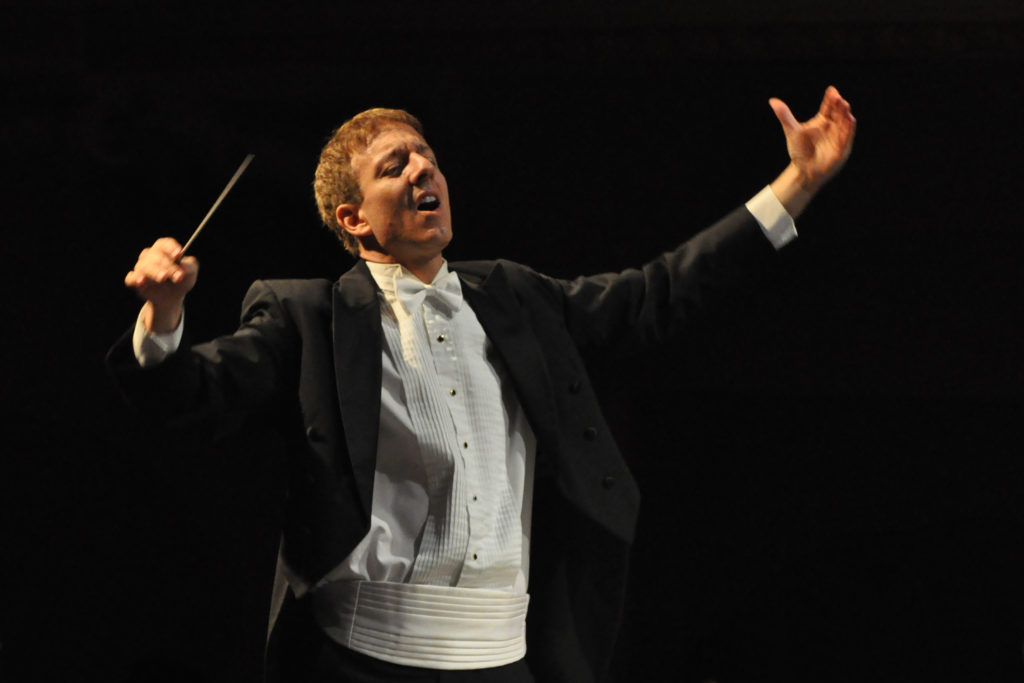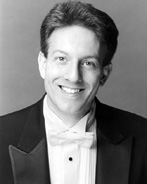
We are fortunate today to be joined by the Music Director for The Joffrey Ballet, Scott Speck. We asked him some questions about the music for Joffrey’s upcoming performance of Balanchine’s The Four Temperaments. He shares some fascinating insights about the composer, the score, and the musicality of the choreographer.






